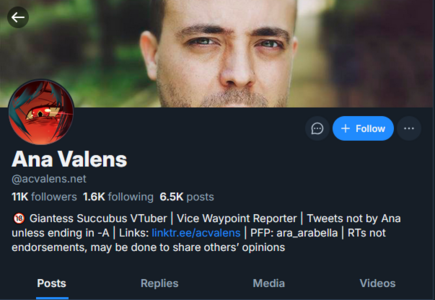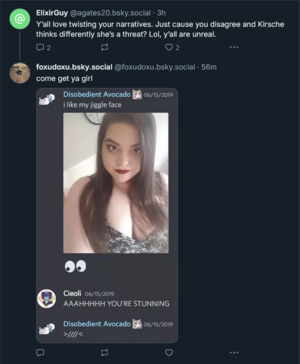I mean, the Nazis considering Bolshevism their ideological opponent and archenemy probably had something to do with this, too.
Nazis aren't Fascists.
Regardless, competing factions of the same ideology. Like Protestants vs Catholics, and Sunni Muslims vs Shia Muslims.
Other way around. Capitalism exists because freedom. It's a product of liberalism.
What is called "Capitalism" is just the free exchange between people. I hate using the term, since it itself was invented by Marxists, and implies a grander structure when it's just free exchange.
The populist mass movements of the 19th century are then in turn a consequence of capitalism.
You cannot get started on capitalism without liberalism (because a lack of liberty results in legal uncertainly and an inability to accumulate capital; nicely illustrated in Edo era Japan, which had exactly this problem, but also in medieval Europe and its sumptuary laws; for that matter, Rome after the Crisis of the 3rd century shows very similar symptoms). In turn, you cannot have socialism without capitalism, because it's capitalism that generates the urban lower class socialism needs to exist as a concept.
I disagree. The free exchange concept certainly existed before the Enlightenment, and the primary focus of Socialism is the people in control of the means of production.
While the Industrial Revolution amped it up, such a concept existed before then, and was discussed as far back as Ancient Greece. If you're referring specifically to Marxist-Socialism, then yes, that came about due to the Industrial Revolution, but even before then you had classes that existed, and the desire for a world of no private property was already being contemplated.
Interestingly, although capitalism cannot, as far as we can tell from the historical precedent, start out without liberalism, it is possible for illiberal states to nevertheless adopt capitalism (e.g. China). So much for capitalism is freedom.
China is still heavily Communist, the Party merely eased up on the reigns in certain sectors of the market in order to benefit (which they've done a masterful job of).
And this does in turn demonstrate that capitalism isn't a successor of liberalism, but merely a consequence. A symptom, if you want.
Don't disagree. Liberty and free exchange go well together.
Which also explains why late adopters of capitalism are doing just fine with suppressing political mass movements, whereas liberal states tend to coopt them instead. Capitalism needs liberalism to be born, but not to exist.
Again, they're not - they're just utilizing the markets (usually overseas markets) to their advantage. If they were really free exchange, they couldn't suppress. Instead, they restrict and permit where advantageous.






